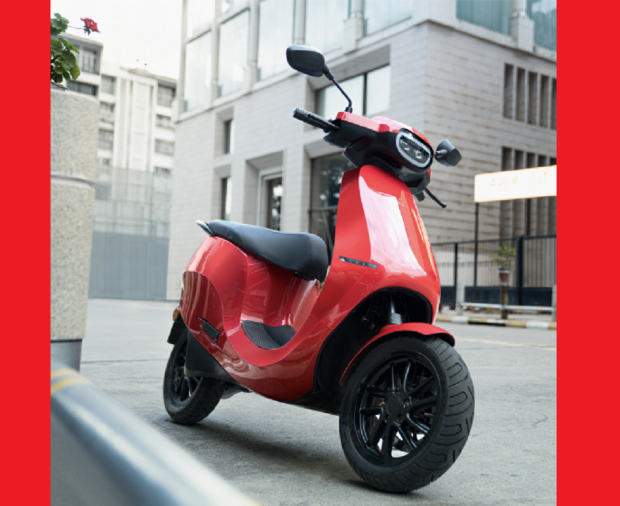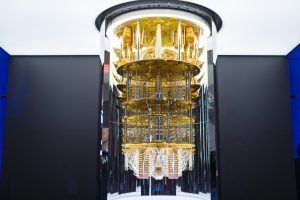
Ola presented its first Electrical Scooter Range comprising the S1 and S1 Pro models to customers. Purchasing has been started from 15th September 2021 and reservation starts with just rupees 499/-. “Day 2 of the EV era was even better than Day 1.
Crossed Rs 1,100 crore in sales in 2 days,” tweeted Bhavesh Aggarwal, co-chairman and group chief executive officer, Ola, on 17th September, 2021.
Let’s have a look at some of the striking features
- Top speed 115km/hr.
- Available in 10 different colors, both in matte and glossy finish
- 181 km range
- 0 to 4 km/h in 3.0 sec
- Large boots space
Ola Electric had opened pre-launch bookings of its electric scooters in July for Rs 499 and had received 1 lakh orders in just 24 hours. However, the company has not disclosed how many orders it has received so far.
While the purchase window is now closed, Ola’s reservations remain open on olaelectric.com.
“I want to let all of you know that we will be reopening the purchase window on November 1, 2021, just in time for Diwali,” said Aggarwal. “Those who have already reserved but did not purchase in the window that ended yesterday will also be able to purchase on November 1.” concluded Mr. Aggarwal.
Price Range:
The Ola S1 electric scooter has been launched at a starting price of Rs 85,099. The more premium S1 variant will set you back by Rs 1.10 lakh
Battery Feature:
Ola S1 and S1 Pro have non-replaceable batteries of 2.98 kWh and 3.97
Charging Method:
there’s the conventional home charger that will be provided with the scooter. It requires no additional installation; customers can simply plug it into a regular wall socket overnight
Need of License:
you need no license or registration in India for scooters that have their top speed capped at 25km per hour or have a motor of 250W or lower.
“India has really outdone China in two-wheeler manufacturing, for local markets and global. Indian players have nailed that balance of quality and cost in the two-wheeler space. In the EV two-wheeler market, India has the capability to lead.
This is a reset. EVs are heavy on electronics and software, and that’s something we are very good at,” Arun Vinayak, founding partner and former chief product officer, Arther Energy, stated on the increasing demand for EVs.
CONTENT BY : Brainware University








